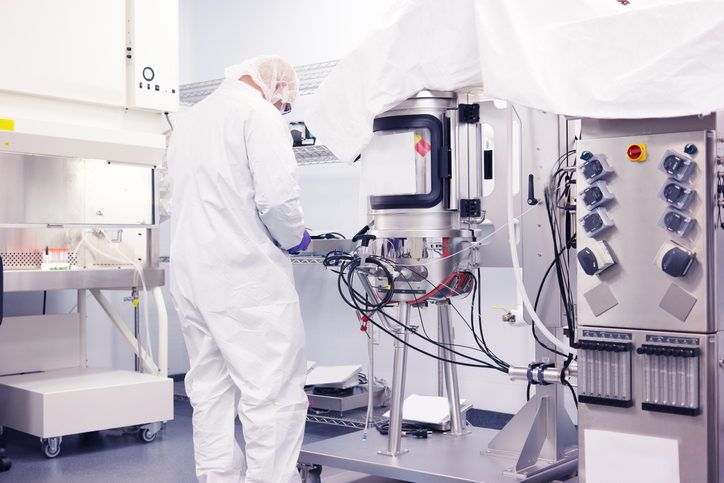Sensors come up often in Bioprocessing 4.0. What comes up less often, though, is the quality of the collected data. According to Luxi Yu, a doctoral student at Imperial College London, sensor measurements often include significant noise.
Recently, Yu and her colleagues described the use of ensemble Kalman filters (EnKFs) in analyzing data from bioprocessing sensors and applying that data in models of the production of monoclonal antibodies.
“Ensemble Kalman filtering is a data-assimilation algorithm that originated from Kalman filtering for complex and nonlinear systems,” Yu says. She adds that an EnKF-based approach “combines a dynamic system model with multiple sequential measurements, which better reflects the system’s true states.”
One distinction between a conventional linear Kalman filter and EnKF is that the latter uses “a Monte-Carlo implementation on a nonlinear model where each state is represented as a Gaussian distribution, with the state covariance matrix replaced by the sample covariance,” Yu says.
Integrating data in a mechanistic model
The key is that an EnFK-based approach to analyzing and applying sensor data can improve bioprocessing. With his method, sensor data can be integrated in a mechanistic model that gives a bioprocessor a better understanding of the system’s state.

“The bias of the process model can be corrected in real-time through system-specific measurements, whereas the measurement noise can be effectively filtered by incorporating biological information from first-principle models,” Yu says. “Additionally, the unmeasurable states can be estimated through model inference based on the assimilation of the easily accessible measurements.”
Consequently, an EnKF-based method provides accurate real-time information about cell-culture dynamics.
“It would pave the way for the biopharmaceutical industry to transition toward online monitoring and control of both product titer and product quality,” Yu notes. “Any commercial bioprocessor unit that allows real-time or near real-time extracellular metabolites and amino-acid measurements would be suitable for the implementation of EnKF.”


